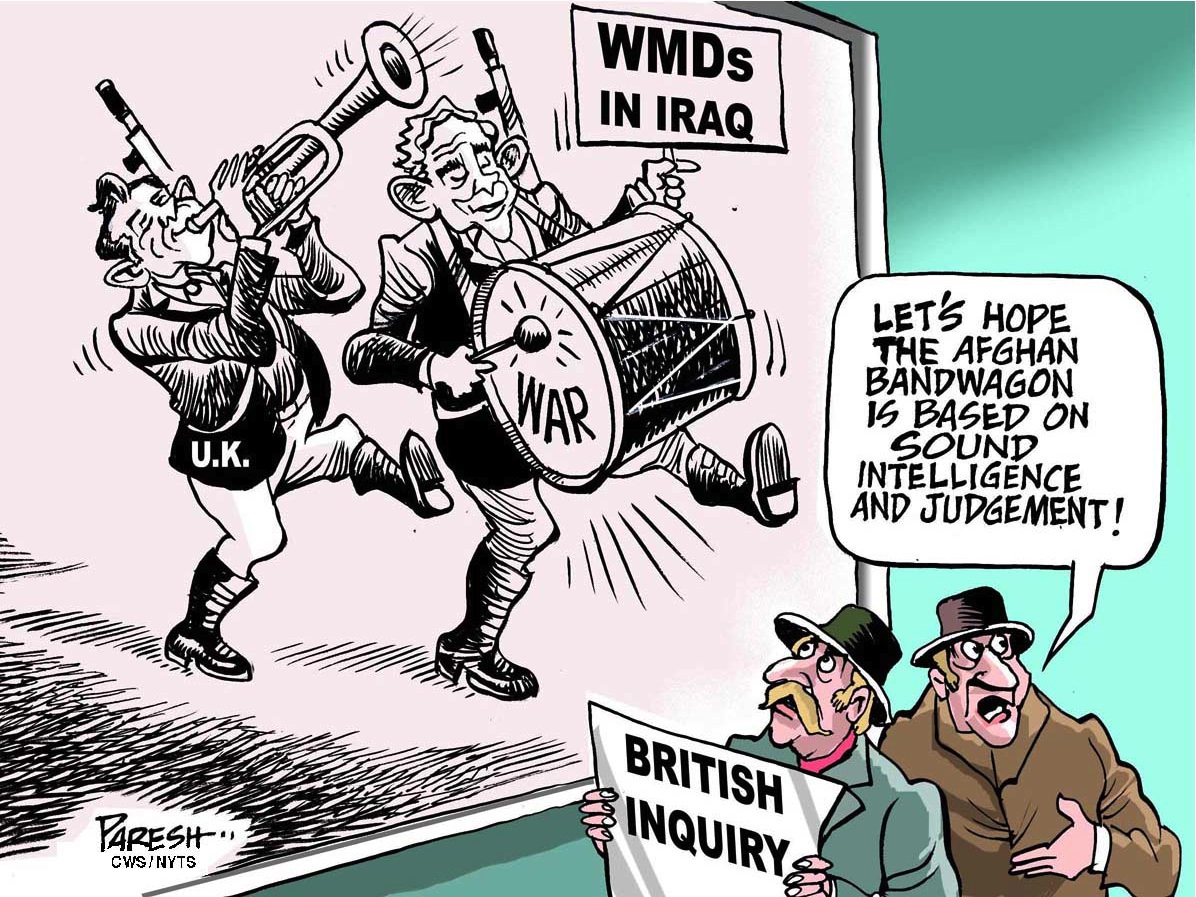The reaction to the just-released Chilcot report with its seven-year intensive examination of the United Kingdom's 2003 intervention in Iraq has been extraordinary. We have had endless debate over whether the intervention had U.N. or other legal approval. But there has been little attention to the human cost.
The role played by then-Prime Minister Tony Blair was despicable in some respects — the slobbering efforts to please a U.S. administration already notorious for its "axis of evil" exaggerations, for example. But Blair's main point remains unanswered: What does the world do when a dictator sets out to crucify all opposition, especially when he represents only a minority in the nation? Given Saddam Hussein's well-documented atrocities against the Shiite and Kurdish people under his rule, surely someone, somehow, should have had the right to intervene to force an end to his barbarism. Today it is called humanitarian intervention, or "responsibility to protect" (R2P). It should have been just as valid then as it is today.
The problem with that principled approach, of course, is lack of consistency. It would, for example, have required action to protect the Russian-speaking majority in eastern Ukraine now under attack from Ukrainian ultra-nationalists for seeking autonomy to which they would normally be entitled. Justifications for Western intervention in Vietnam or the former Yugoslavia, for instance, would be upended if the concept of responsibility to protect not just majorities but oppressed minorities was adopted. In Syria, R2P would seem at least to have demanded that the West impose no-fly zones to protect the opponents of the Assad regime.


















With your current subscription plan you can comment on stories. However, before writing your first comment, please create a display name in the Profile section of your subscriber account page.